By Ibrahim Abubakar Lajada
In light of recent widespread protests across Nigeria, there are growing concerns regarding the potential economic impact of the ongoing unrest.
While acknowledging the importance of peaceful demonstrations as a means of expressing public grievances, it is essential to understand how these protests might lead to disruptions and slow down economic growth in the country.
While the right to protest is a fundamental aspect of democratic societies, it is important to recognize how prolonged demonstrations can influence economic performance. I know many of the protest organizers in every state and I’m willing to engage with them on behalf of the government.
Economic Disruptions Resulting from Protests.
Protests, while often driven by legitimate issues, can have significant economic consequences, including:
Business Disruptions: Businesses in protest-affected areas may face closures, reduced operating hours, or interruptions in their operations. This can lead to financial losses, reduced productivity, and economic instability, particularly impacting small and medium-sized enterprises that are crucial to Nigeria’s economy.
Supply Chain Interruptions: Protests can disrupt key transportation routes and logistics networks, leading to delays and increased costs in the supply chain. These disruptions can affect various sectors, including manufacturing and retail, causing a ripple effect throughout the economy.
Investor Uncertainty: Persistent unrest can create an environment of uncertainty that deters both local and foreign investment. Investors may be hesitant to commit resources in a climate marked by instability, which can slow down economic growth and development.
Increased Government Expenditures: Managing protests and ensuring public safety can require substantial financial resources. Governments may need to divert funds from other critical areas, such as infrastructure and social services, to address the immediate needs arising from the unrest.
Balancing Rights with Economic Stability
It is crucial to balance the right to peaceful protest with considerations for economic stability. Constructive dialogue between protest organizers, government officials, and community leaders is essential to addressing grievances while minimizing economic disruptions.
Call for Constructive Dialogue and Solutions
I urge all stakeholders to engage in open, constructive dialogue to resolve underlying issues without causing undue harm to the economy. By working together, Nigeria can find solutions that address social concerns while supporting economic growth and stability.
Ibrahim Abubakar Lajada is a
Former Presidential Candidate and he writes from Washington D:C, he can be reached through his details below for more information.
Lajadaibrahim@gmail.com
+1 3143331112
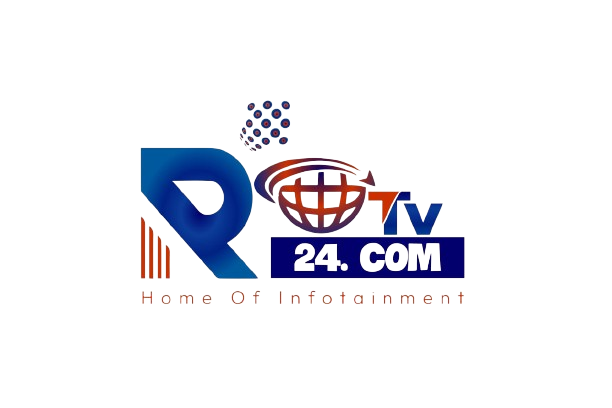

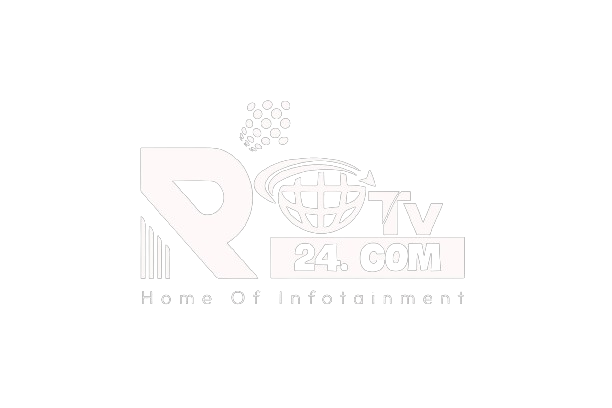
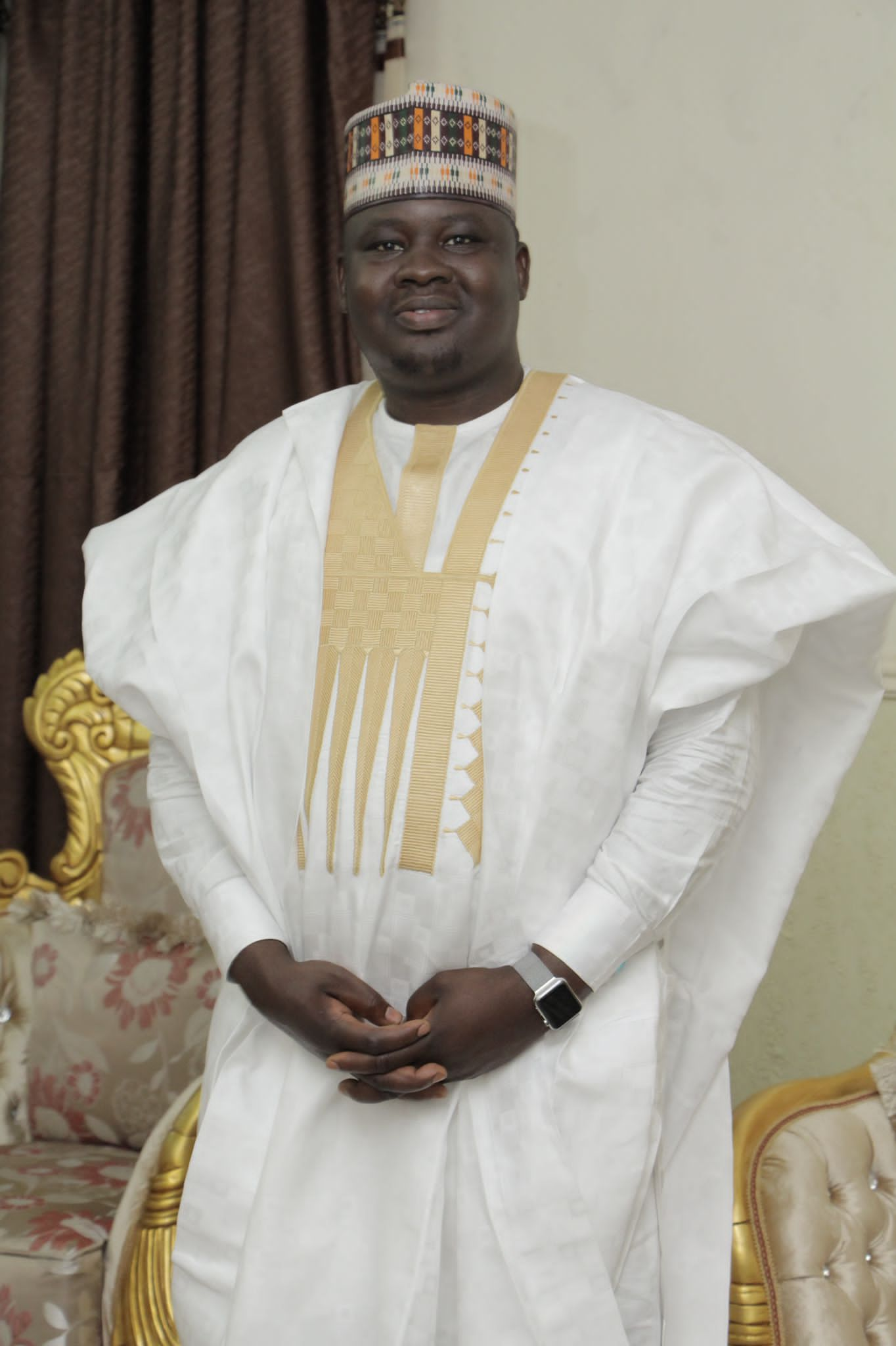
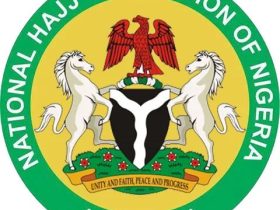


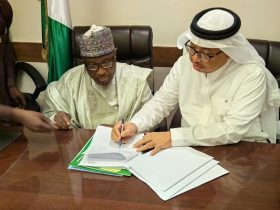
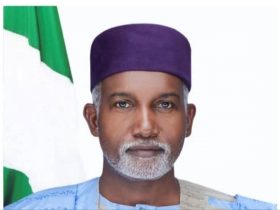
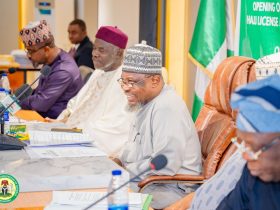
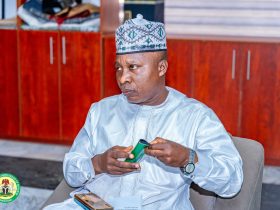
Leave a Reply